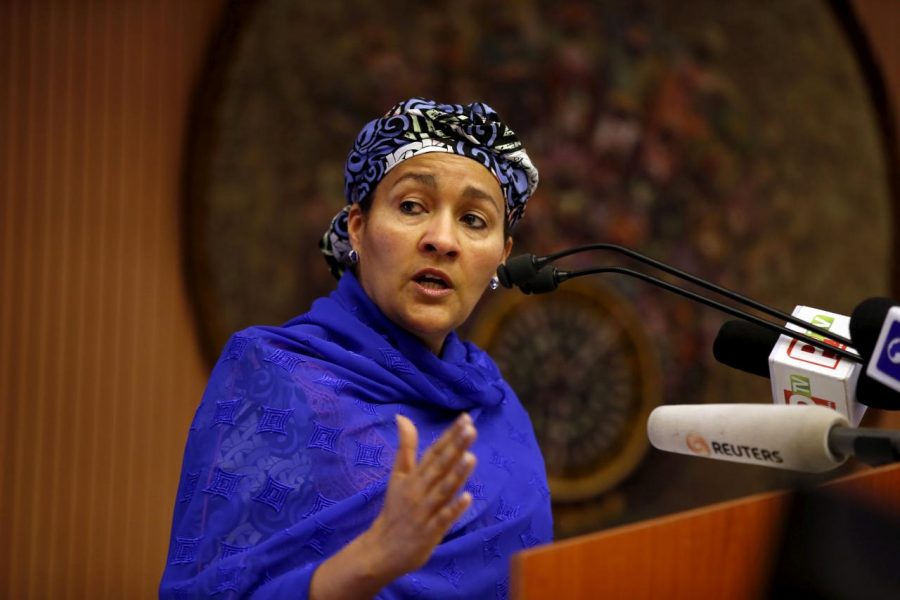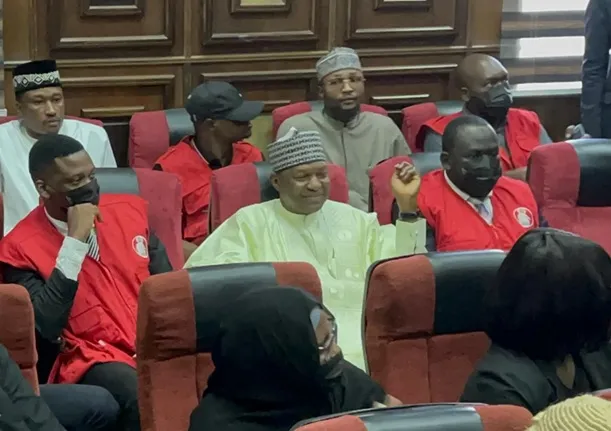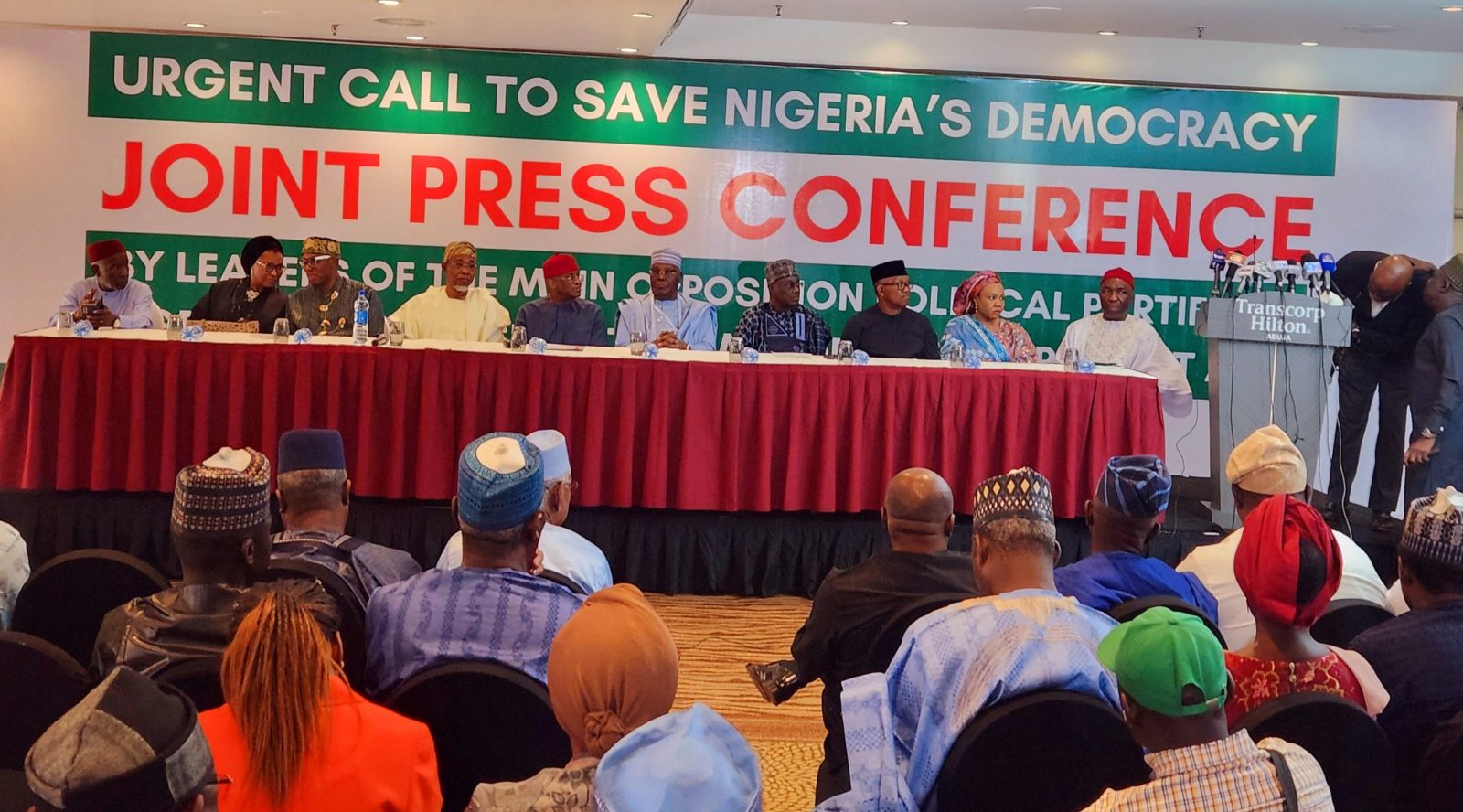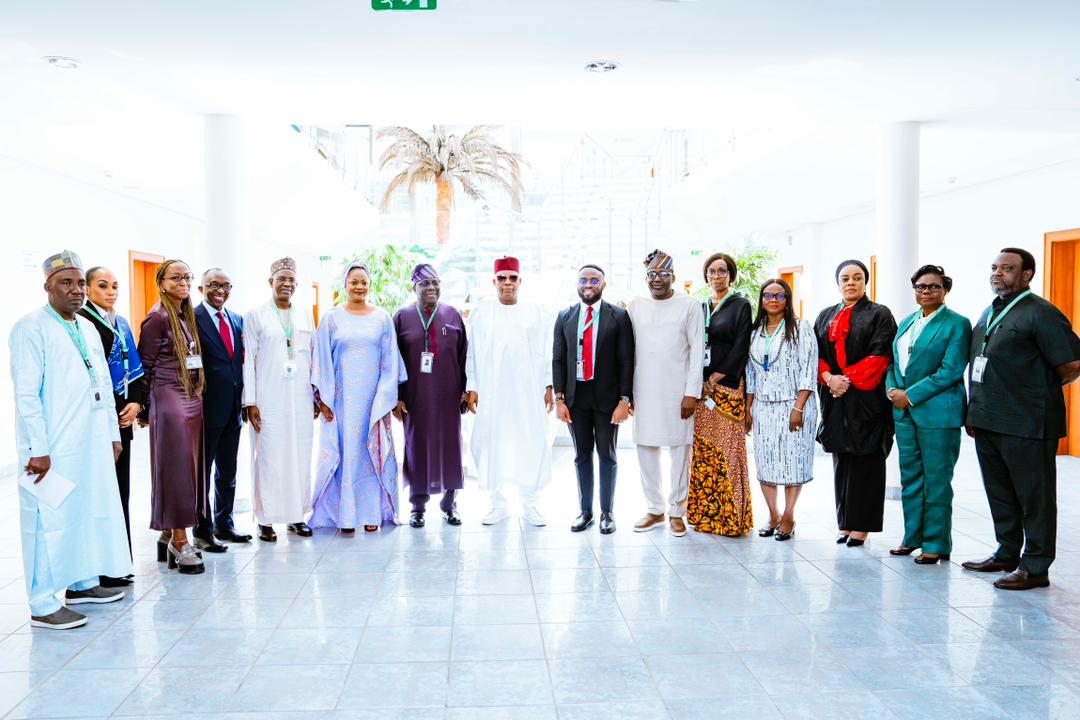[dropcap]A[/dropcap]n environmental advocacy group says in a report released Thursday that over 1.4 million rosewood logs from Nigeria worth $300 million were illegally sent to China after the then-Environment Minister Amina Mohammed signed thousands of retroactive permits.
The Washington-based Environmental Investigation Agency, known as EIA, said in the report that multiple sources told its undercover investigators that over $1 million was paid to top government officials in Nigeria to release wood stopped by Chinese authorities because there were no CITES certificates.
CITES Thursday released a 40-page report alleging that Mohammed’s approval of the kosso exports violated the CITES agreement.
According to report in the United States Thursday Amina Mohammed who is now the U.N. deputy secretary-general, spent her final days as Nigeria’s environment minister doing something that has outraged activists. Despite a ban then in force on the export of rosewood, an endangered resource, she signed thousands of certificates authorizing the shipment of vast quantities of the wood.
The certificates “came in bags, and I just signed them because that is what I had to do,” she recalled in an interview last month in her sprawling 38th-floor U.N. headquarters office “I don’t remember how many, she admitted.
EIA said rosewood is coveted in China for furniture and over the past five years “exploding Chinese demand” has depleted forests across West Africa. As supplies in Gambia and Benin dwindled, it said Chinese traders moved to Nigeria, which had the largest untapped resource.
Since 2013, the advocacy group said, Nigeria has been transformed from a net importer to the world’s largest exporter of rosewood logs, which is causing desertification, threatening national parks and imperiling the livelihoods of millions of people.
Mohammed’s 11th-hour decision to approve the kosso shipments was first documented by a Washington-based environmental group and is now part of an inquiry by the secretariat of the Convention on International Trade in Endangered Species of Wild Fauna and Flora (CITES), to which Nigeria is a signatory.
In a letter to Nigerian authorities in August 2017, John Scanlon, CITES’s secretary-general, raised concern about information his agency had received indicating that as many as 10,000 containers of Nigerian rosewood had been stopped by Chinese authorities between May and December 2016, because they were not accompanied by the proper CITES documentation, according to Michael Osakuade, the acting director of Nigeria’s Department of Forestry. On Dec. 31, 2016, Mohammed herself imposed a three-month ban on the trade in rosewood. Yet following Mohammed’s mass signings, more than two weeks after the ban went into force, the trade quickly resumed: Chinese trade data show that between then and April, as many as 12,000 containers of kosso logs were cleared to enter the country.
EIA estimates that Mohammed’s approval of certificates in January 2017 allowed the delivery of more than 1.4 million kosso logs that had been illegally exported between May and December 2016 and were detained in Chinese ports. EIA furnished FP with six copies of certificates signed by Mohammed and dated Jan. 16, a little more than two weeks after she ordered the temporary three-month ban on the export of Nigerian kosso wood. A senior Nigerian forestry official confirmed the authenticity of the certificates but denied that they were issued for rosewood that had already left for China.
The thousands of “hand-signed permits violate both Nigeria’s export ban” and provisions of the endangered species treaty, Alexander von Bismarck, the executive director of EIA, claimed in an interview with FP. “More importantly, the laundering of Nigerian rosewood decimates millions of hectares of fragile forest and imperils the lives of millions of people.”
The question of who bears the ultimate responsibility for Nigeria’s shrinking forests remains hotly contested. Rebecca S. Manasseh, the environment commissioner for Taraba state, where most of the rosewood exports originate, placed the blame on Asia.
“It was the Chinese,” she said. “They were the ones who brought the idea of cutting down the wood. Before it was not like this – it was when they came into the country that it became so bad.”
But Manasseh also pointed fingers at the federal government. “Our governor wrote to the federal government, pleading with the government to stop the exportation of that wood,” she said.
When confronted with Manasseh’s accusation, the second federal forestry official interviewed by FP fired back: “Why are you complaining to us when you are the ones issuing approval for the exporters to go and harvest and you are taking the money as revenue for your state?”
For Mohammed, the rosewood issue was one of trying to strike a balance between the legitimate economic interests of Nigerians involved in the timber trade and preserving the country’s forests. She said the series of decisions she made, from issuing a temporary suspension to signing the thousands of certificates, was part of trying to find a strategy for sustainable development.
“We were doing this for the right reasons,” she said.
Foreign Policy reported Thursday that CITES “has shown no indication that it is satisfied by Mohammed’s account … and it intends to address Nigeria’s conduct during a meeting of treaty signatories in Geneva from Nov. 27 to Dec. 1.”
Meanwhile, U.N. spokesman Stephane Dujarric said Mohammed “rejects any allegations of fraud.”
He told reporters Thursday that Mohammed legally signed export certificates that were requested before the Convention on International Trade in Endangered Species added rosewood — also known as kosso — to a list of flora and fauna species in May 2016 that require a CITES certificate before logs can be legally exported.






















Leave a comment